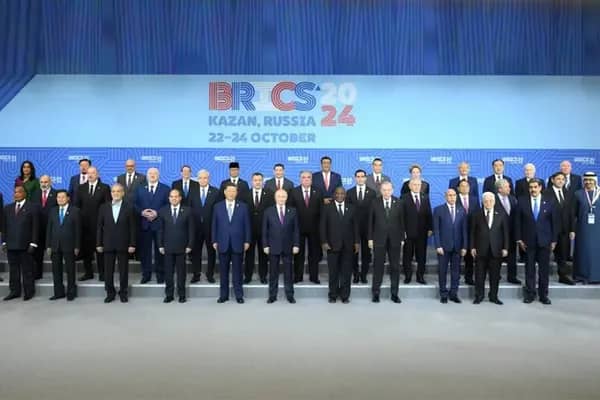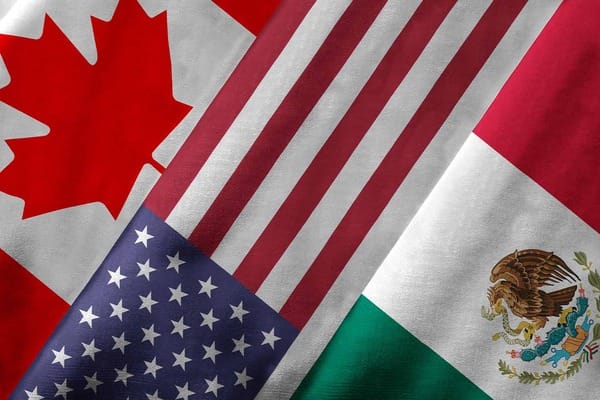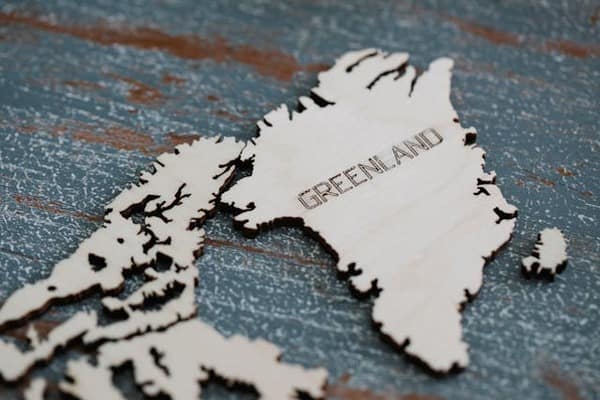The leaders of BRICS nations reaffirmed their commitment to enhancing financial cooperation and increasing the use of local currencies to promote economic stability and development. This was outlined in the Kazan Declaration, titled “Strengthening Multilateralism for Just Global Development and Security,” which was issued at the conclusion of the BRICS Summit on Wednesday, according to an official press release from the Ministry of External Affairs. The declaration emphasized the importance of bolstering cross-border financial practices and deepening economic ties among member countries. It also highlighted the pressing need to reform the international financial architecture to make it more inclusive and equitable. The use of local currencies in trade and financial transactions was identified as a crucial tool for reducing vulnerabilities and mitigating the effects of external economic shocks on emerging and developing economies.
“We welcome the use of local currencies in financial transactions between BRICS countries and their trading partners. We encourage the strengthening of correspondent banking networks and enabling settlements in local currencies,” the declaration stated. This focus on local currencies aligns with the BRICS Cross-Border Payments Initiative (BCBPI), which aims to streamline payments and minimize trade barriers among member states.
The New Development Bank (NDB), a key financial institution established by BRICS, was recognized for its essential role in promoting infrastructure and sustainable development. The declaration praised the NDB’s efforts to expand local currency financing and utilize innovative investment tools, as well as its commitment to capacity building and knowledge exchange critical for achieving sustainable development goals.
The Kazan Declaration also addressed the challenges faced by developing nations in managing debt burdens. High interest rates and tighter global financing conditions have heightened vulnerabilities in many countries. In response, BRICS leaders called for the coordinated implementation of the G20 Common Framework for Debt Treatment to support sustainable development. Additionally, the summit welcomed the establishment of a BRICS Interbank Cooperation Mechanism (ICM) to explore innovative financial practices, particularly in financing infrastructure projects. The ICM will collaborate with the NDB to develop effective financial mechanisms and platforms that can enhance investment flows into BRICS and other developing nations.
The outcomes of the summit reinforced BRICS’ role as a pivotal bloc in global financial governance. Leaders stressed the importance of fostering inclusive, sustainable economic growth through ongoing financial cooperation, innovative cross-border payment systems, and the use of local currencies in trade to secure the bloc’s economic future.



